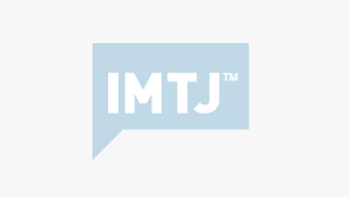The latest HIT health system review from the European Observatory on Health Systems and Policies looks at Iceland.
Iceland’s health outcomes are among the best of all OECD countries: life expectancy at birth is high and Icelandic men and women enjoy longer life in good health than the European average. However, this comes at a relatively high price.
The health-care system faces challenges involving the financial sustainability of the current system in the context of an ageing population, new public health challenges (such as obesity) and the continued impact of the country’s financial collapse in 2008. The most important challenge is to change the pattern of health-care utilization to steer it away from the most expensive end of the health services spectrum towards more cost-efficient and effective alternatives.
The small, state-centred, publicly funded health system guarantees universal coverage with the state as payer and provider of most health care services. However, since 1990, the number and scope of private non-profit and for-profit providers has increased, especially through a rapid growth in private specialist care at the expense of more developed (and publicly provided) primary care services.








 ©2024 All rights reserved LaingBuisson
©2024 All rights reserved LaingBuisson 


